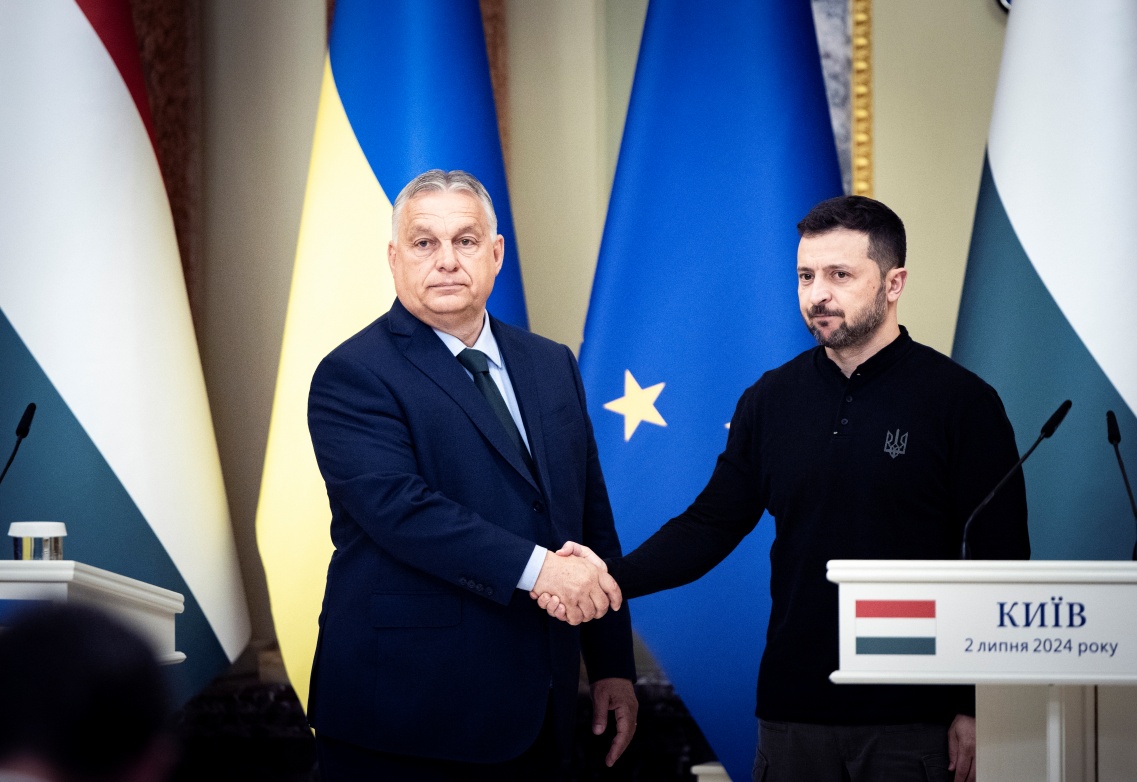
The EU Affairs Minister said that it is difficult to see how the Ukrainian economy could strengthen Europe's competitiveness.Continue reading

Central European cooperation can be the guarantee for changing the European Union, János Bóka emphasized at the Central European Summit, an international conference organized by the Center for Fundamental Rights and the Oeconomus Economic Research Foundation on Tuesday. The EU Affairs Minister stressed that European states and citizens who believe in nation states must work together.
“We joined the European Union to guarantee the existence of nation states in the 21st century, in the age of global superpowers,” the Minister said, adding that the EU is not currently serving the purpose for which we joined it. There are no internal control processes, no guarantees on the competences of nation states, and the principle of subsidiarity is not taken seriously by the EU institutions or the EU court, he explained.
However, the changes in the United States are very promising, as transatlantic relations are crucial for the future of the Central European region, he pointed out. “If there is a strong transatlantic relationship between the US and Central Europe, it can set the future of European integration in a positive direction,” he said.
The Minister underlined that European integration is currently about a center and a periphery fighting each other. Anyone who joins the EU must accept that it is the French and Germans who decide, it is up to them, he recalled. He added that this is a unilateral process of adaptation, and that
Hungary joined the EU precisely to add its own values, political and sociological models to the EU.
“Nations are valuable entities, we believe that sovereign nation states are indispensable,” János Bóka emphasized.
He also pointed out that the Visegrád Group (Czechia, Hungary, Poland and Slovakia) was a very successful initiative, which has served as a successful lobbying tool. He stressed that in many areas – such as cohesion, competitiveness, energy, migration or agriculture – there is a “strong, united Central European platform”, despite the fact that we are not identical. “We believe that within the European Union we can be united in diversity and exist peacefully,” said Mr Bóka, who concluded that the future of Central Europe is not written, “our brightest days are still ahead of us.”
Via MTI, Featured photo via MTI/Hegedüs Róbert